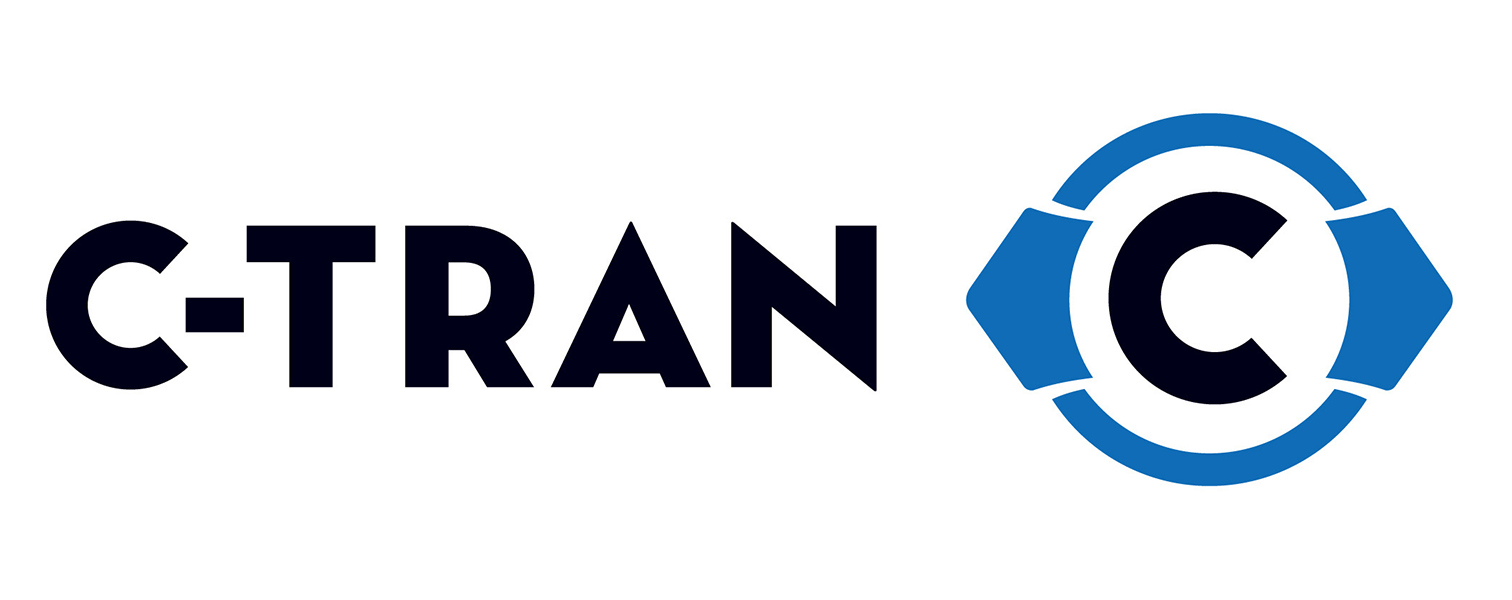On April 8th, the Clark County Transit Authority (C-Tran) authorized spending $200,000 to begin work on Bus Rapid Transit—an idea Clark County voters recently rejected. Battle Ground city council member and C-Tran board member Bill Ganley tried to minimize the expense, calling it “budget dust” compared to C-Tran’s annual budget of $45 million.
Clark County Commissioner and C-Tran board member David Madore raised the alarm to his constituents on social media in the days before the C-Tran meeting. Madore argued that $200,000 matters, especially when “voters rejected this (BRT project) boondoggle in the November 2012 General Election, 56.51% to 43.49%.”
In addition to approving the $200,000 expense, the resolution also gives C-Tran Executive Director Jeff Hamm authority “to execute a contract amendment with Parsons Brinckerhoff to complete project development, final design, permitting, and assist with vehicle procurement, and construction bidding.”
Leading up to the meeting, there was a flurry of last minute maneuvering that left critics scratching their heads asking, Why the rush? Take for instance the attorney correspondence prior to the meeting that shields board members’ emails by invoking attorney-client privilege, leaving the public in the dark about what was discussed. During the meeting, the board went into executive session and sidelined the public again. Finally, when the vote was taken, Steve Stuart phoned in his vote, a blatant violation of C-Tran by-laws, which state votes must be made in person, or by proxy. On one hand, proponents want the public to believe $200,000 is insignificant; on the other hand, they use unusual procedures to hurry and hide their activity. It makes one wonder, what is really going on behind closed doors?
Even if everyone agrees bus service needs to be increased at times, especially along the 4th Plain corridor, how to solve the problem has become a point of contention.
The least expensive answer is to simply increase the number of busses and revise some of the routes and times. The most expensive answer is light rail. Somewhere in between is Bus Rapid Transit.
Critics of Bus Rapid Transit, argue it is a half-step towards, and will ultimately resolve into, light rail. Indeed, the current BRT Project proposal certainly points towards light rail. It shares similar routes and stops as previously proposed in the now-defunct Columbia River Crossing light rail project.
The CRC funding scheme is still too fresh in people’s minds, which adds to the skepticism. In the beginning, CRC proponents asked for “small” expenses to study the project. The same people later argued that they couldn’t turn back because they were financially too committed.
Critics of the BRT proposal argue the $200,000 “budget dust” expense is just the first step of a future light rail boondoggle and worry that any money spent now will turn into a future argument to keep going. Considering the recent actions of the C-Tran board, these critics may be justified in their suspicions.











